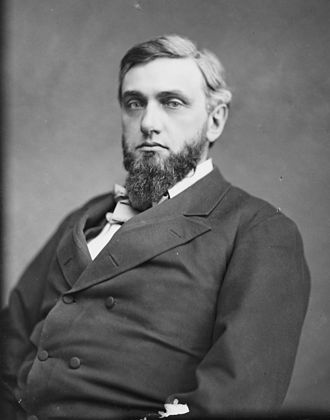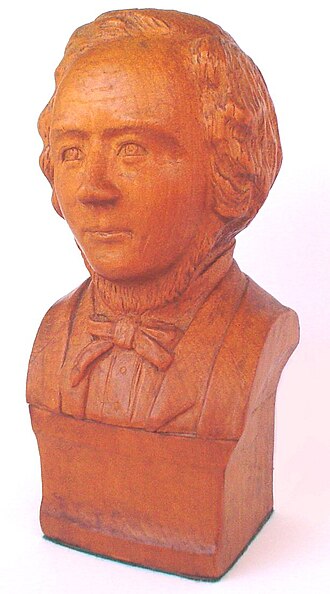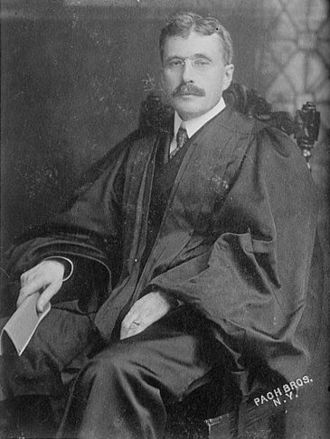Hiscock Last Name Origin, History, and Meaning
Where did the surname Hiscock come from? What does the surname Hiscock mean? Discover the history and meaning of the last name Hiscock and family migration on YourRoots Map.
Surname Hiscock Origin: What does the last name Hiscock mean?
The Hiscock surname, according to YourRoots data, originated in England around the early 16th century. It has remained closely associated with England from the 16th to the 18th centuries, with a significant increase in records bearing the Hiscock surname in England by the 20th century.
YourRoots data confirms the presence of the Hiscock surname in England since the early 16th century, showcasing its historical roots in the country. The surname has evolved over the centuries and can still be found in various regions worldwide, reflecting a diverse and widespread heritage.
Hiscock Last Name History: Where did the last name Hiscock come from?
Origin of Hiscock Surname: Where does the last name Hiscock originate from?
According to YourRoots data, the surname Hiscock first appeared in records from England around the early 16th century. Please note that this reflects only YourRoots data for the exact Hiscock spelling and does not include other record sources or surname variations.
History of the Last Name Hiscock: What does the Hiscock surname history look like in the early days?
The Hiscock surname remained closely associated with England from the 16th to the 18th centuries.
Global Spread: Where can we find the Hiscock surname today?
By the 20th century, the volume of records with the Hiscock surname grew significantly in England.
Explore Hiscock last name heritage and Hiscock surname origin based on YourRoots Map data
 VIEW THE ORIGIN OF SURNAME HISCOCK
VIEW THE ORIGIN OF SURNAME HISCOCKFamous People With Hiscock Surame?

Frank Hiscock
Frank Hiscock (September 6, 1834 – June 18, 1914) was an American lawyer and politician who served as a U.S. Representative and a U.S. Senator from New York. He played a significant role in the United States Congress from 1877 to 1893, known for his involvement in politics and law. Hiscock was born in New York and practiced law before entering politics, where he served in various roles including district attorney and chairman of the House Committee on Appropriations. His legacy includes his contributions to the Republican Party and his service in the Senate, making him a notable figure in American political history.

Thomas Hiscock
Thomas Hiscock (1812–1855) was an English blacksmith and prospector who played a vital role in sparking the Victorian Gold Rush in Australia. He discovered gold near Buninyong, leading to a rush of prospectors to the area. His legacy lives on with an obelisk erected in his honor near where the gold was found. His discovery changed the landscape of Victoria during its early development era, making him a significant figure in Australian history.

Peter Hiscock
Peter Dixon Hiscock (Mar 27, 1957 - ) is an Australian archaeologist known for his work in ancient lithic technologies and Indigenous Australian archaeology. He has held prestigious positions at the University of Sydney and the Australian National University, specializing in the study of Homo neanderthalensis and human dispersal. Hiscock has been recognized with awards for his contributions to the field and has published extensively on topics ranging from lithic analysis to the impact of climate change on ancient societies. With a focus on quantitative approaches, Hiscock's research has reshaped our understanding of prehistoric Australia and the global evolution of human behaviors.

Eileen Hiscock
Eileen May Hiscock (August 25, 1909 – September 3, 1958) was an English track and field athlete who competed in the 1932 and 1936 Summer Olympics. She won multiple medals, including bronze and silver, in relay events and individual sprints. Hiscock's achievements at various championships and games solidified her legacy as a talented and successful athlete. She later married John H Wilson in 1936, leaving behind a lasting impact on the world of women's athletics.

Frank H. Hiscock
Frank Harris Hiscock (April 16, 1856 – July 2, 1946) was an American lawyer and politician who served as Chief Judge of the New York Court of Appeals. Born into a family of legal background, Hiscock went on to have a successful career in law and politics, making significant contributions to the judiciary system. He was also a dedicated trustee of Cornell University, overseeing substantial growth in the institution's endowment. His legacy lives on through the Frank H. Hiscock Legal Aid Society, providing legal assistance to those in need in Onondaga County.
All images displayed on this page are sourced from Wikipedia or Wikimedia Commons.We use these images under their respective Creative Commons or public domain licenses. Wherever applicable, author attributions and license information are provided. If you believe an image is used incorrectly or outside its license terms, please contact us so that we can review and correct the issue.




.png)